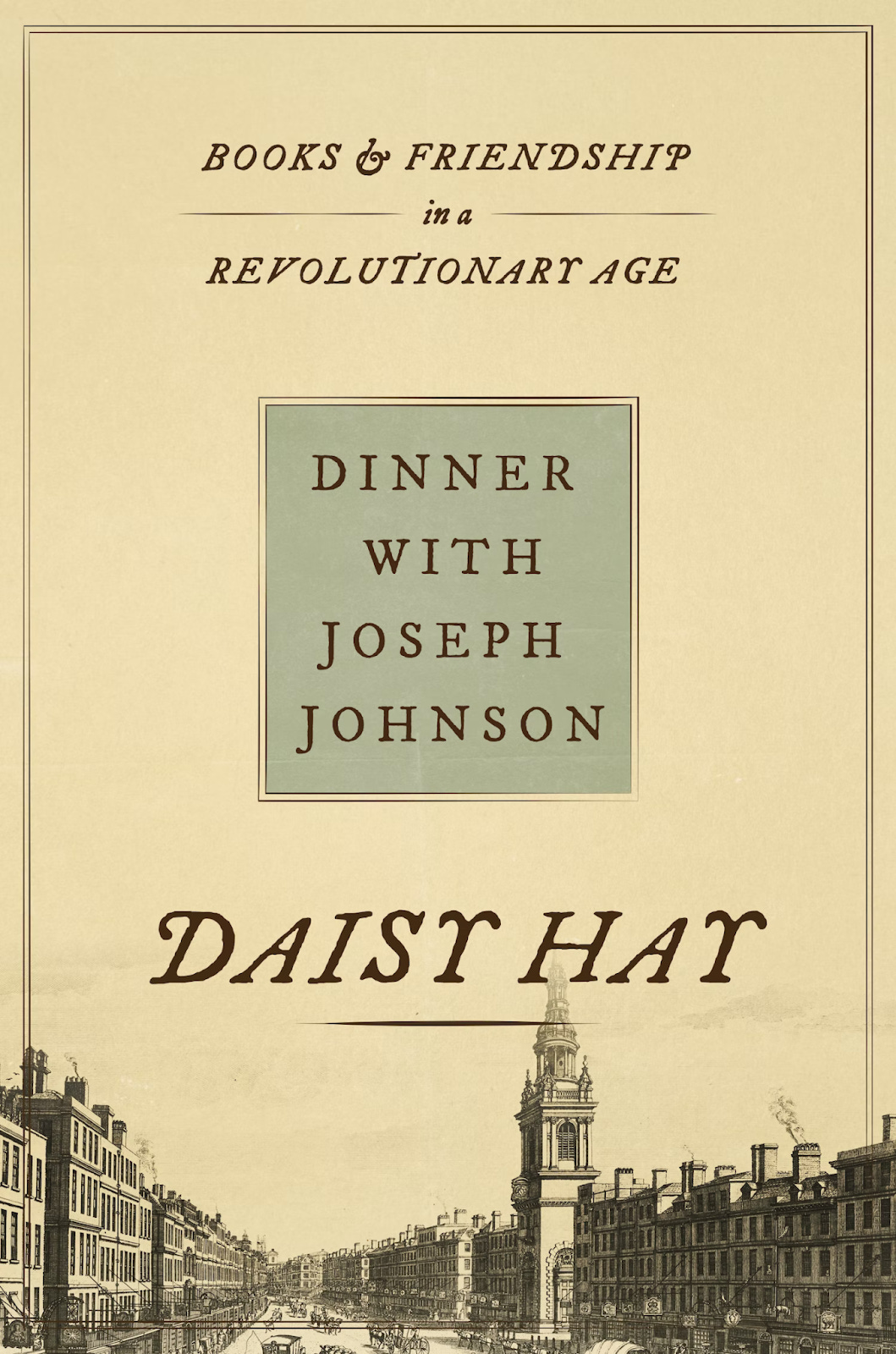WRB—Oct. 19, 2022
But her email newsletters!
I suppose at one time in my life I might have had any number of email newsletters, but now there is no other. The WRB is the only newsletter I will ever be able to write.
To do list:
order a tote bag or now a MUG, both of which receive rave reviews and are as functional as they are stylish;
avail yourself of our world-famous classified ads, now stored on this page for non-paying readers to access, either by placing or responding to one;
and,
Links:
In The New Yorker, Joan Acocella, on the occasion of a new translation of the classic Italian novel The Betrothed by Alessandro Manzoni (Modern Library, trans. Michael F. Moore, September), considers the life of the author, the legacy of the novel in and out of Italy, and the out-of-fashion aesthetics (or lack thereof) of the 19th-century novel. Many interesting things, but this one early on is, crucially, kinda funny: “A friend of mine told me that once, when he was talking to a group of Russian-literature professors, he confided to them that he and his American colleagues often had difficulty with the many highly detailed accounts of battles in War and Peace. Oh, the Russians answered, we skip those parts! So boring! You should skip them, too, they said.” But nothing in this piece is boring, so read the whole thing.
And at Slate, Imogen West-Knights contributes to the canon of wacky cruise literature: “Yes, the Gone Girl cruise. In July, Gillian Flynn, the author of the blockbuster thriller, declared to her followers online, ‘There are still tickets available to join me on the Avalon Waterways GONE GIRL CRUISE.’ She added: ‘I will be selecting both by raffle and by means and opportunity a special passenger to murder!’”
Reviews:
For the LRB, Rosa Lyster reviews two recent books about Rose Dugdale, the English heiress turned inept IRA activist and art thief: “The element of farce isn’t necessarily a dealbreaker. Dugdale ought still to be a compelling character. She really did steal all those paintings, in addition to making a bombing run over a police station, and according to interviews she gave to O’Driscoll, developing bomb-making techniques that were used in several IRA attacks in the 1980s. The real problem, for anyone who wants to take her seriously, is her own overpowering sense of herself as a heroic and rosy-cheeked footsoldier of the struggle, brave and true, scourge of the running dog and the capitalist pig, friend to the working man, thorn in the side of the establishment. Long before any journalist looked at her life and thought it might make a fantastic book, Dugdale herself was busily writing up the opening paragraphs: a thrillerish, minute-by-minute account of the robbery, so perfectly reimagined for maximum drama that it calls into question the authenticity of the entire scene.”
N.B.:
Bitter Italian sodas are booming in popularity. [I had no idea. I usually keep my house stocked with either Crodino or Stappi, but I was always under the impression that they were just “Aperol, but for kids.” —Nic]
On her Substack, Anne Trubek gives some insight into the economics of reprinting. [One thing you definitely won’t make money on is multi-volume editions of classic novels. —Chris]
“New Yorkers see the rest of the world as a mere suburb of the city.” We don’t have that problem down south.
The Arlington Public Library is holding its fall books sale the last weekend in October. [The people across the river are rabid, so it’s worth going on the first day. It’s often pretty well picked-over by the second. —Nic]
Said public library is also hosting a conversation and book signing with George Saunders tomorrow at 7 p.m.
Upcoming book:
November 15 | Princeton University Press
Dinner with Joseph Johnson: Books and Friendship in a Revolutionary Age
by Daisy Hay
From the publisher: Once a week, in late eighteenth-century London, writers of contrasting politics and personalities gathered around a dining table. The veal and boiled vegetables may have been unappetising but the company was convivial and the conversation brilliant and unpredictable. The host was Joseph Johnson, publisher and bookseller: a man at the heart of literary life. In this book, Daisy Hay paints a remarkable portrait of a revolutionary age through the connected stories of the men and women who wrote it into being, and whose ideas still influence us today.
Johnson’s years as a publisher, 1760 to 1809, witnessed profound political, social, cultural and religious changes—from the American and French revolutions to birth of the Romantic age—and many of his dinner guests and authors were at the center of events. The shifting constellation of extraordinary people at Johnson’s table included William Blake, William Wordsworth, Samuel Taylor Coleridge, Benjamin Franklin, the scientist Joseph Priestly and the Swiss artist Henry Fuseli, as well as a group of extraordinary women—Mary Wollstonecraft, the novelist Maria Edgeworth, and the poet Anna Barbauld. These figures pioneered revolutions in science and medicine, proclaimed the rights of women and children and charted the evolution of Britain’s relationship with America and Europe. As external forces conspired to silence their voices, Johnson made them heard by continuing to publish them, just as his table gave them refuge.
A rich work of biography and cultural history, Dinner with Joseph Johnson is an entertaining and enlightening story of a group of people who left an indelible mark on the modern age.







